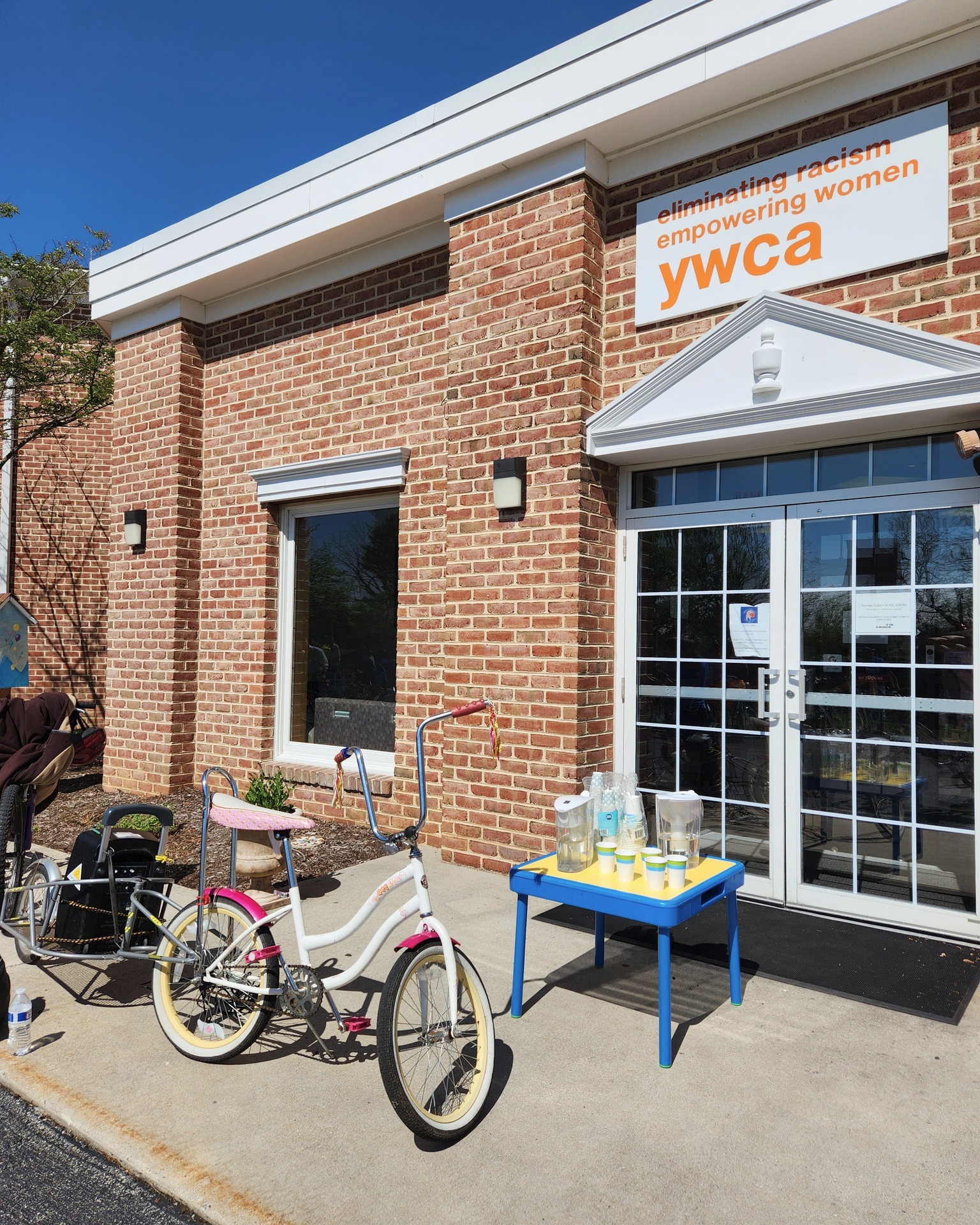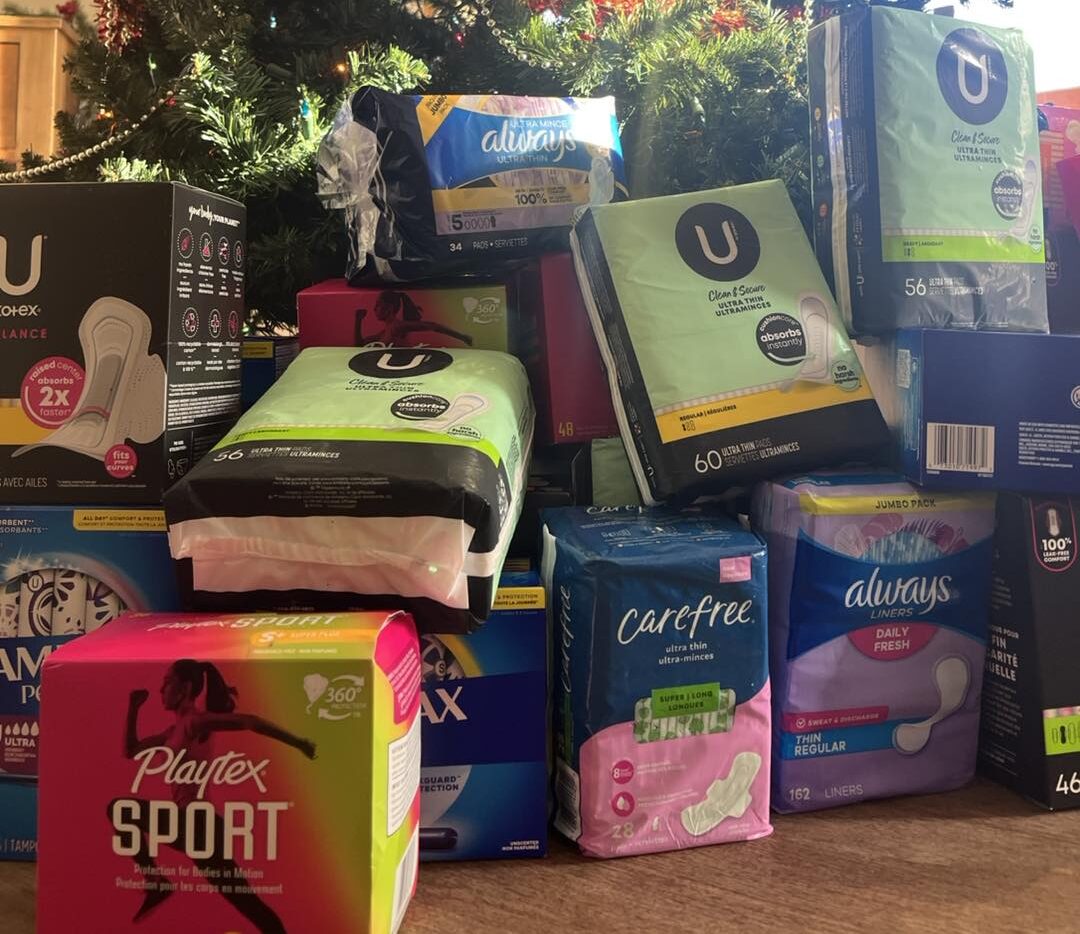We provide individuals and families with the support and tools they need to heal from trauma, build skills, and access resources, leading to peace, justice and dignity for all.
The YWCA Carlisle & Cumberland County provides both crisis services as well as educational programs. Programs range from Pre-School, Education Programs, Support Groups, Women’s Groups, and After School Programming, to Sexual Assault Crisis Services ranging from the 24-hour Crisis Hotline to Counseling. Both Staff & Volunteer Advocates support sexual assault and human trafficking clients in ERs, Law Enforcement Settings, Court Proceedings, and Child Advocacy Center Appointments.
Our History
Since our founding in 1919, YWCA Carlisle and Cumberland County has been a cornerstone of empowerment and community support. From opening the area’s first daycare center in the early 1920s to launching fitness and empowerment programs for women and girls, we’ve always focused on uplifting our community. During the Great Depression, we provided food to those in need and established clubs for African American girls in the 1930s, making inclusivity a key part of our mission.
Our journey began at the Bosler House on West High Street. After moving to the YMCA facility on South West Street in 1972, we finally built our current home in 1990 at 301 G Street on land generously donated by the George family. This location houses our Administrative Offices, Preschool, and Sexual Assault/Rape Crisis Services. Today, we are proud to serve as YWCA Carlisle & Cumberland County, reflecting our commitment to every corner of the region.
How We Make an Impact
- Sexual Assault/Rape Crisis Services: support survivors and their families.
- Education Department offers prevention education, after school programs, enrichment programs, and professional trainings.
- Adult programming: programs to engage and educate community members in both social and educational sessions.
- Little Wonders Preschool provides quality early childhood education.
- Pad Pantry addresses period poverty by distributing feminine hygiene products, and our prevention education seeks to create a safer community.

How You Can Help
The life-changing work of YWCA Carlisle & Cumberland County wouldn’t be possible without the generous support of our community. Individual donors, local clubs, organizations, and private foundations are critical to our mission. Every gift matters, whether it helps fund preschool scholarships, collects and disperses menstrual products, or provides critical care for survivors of sexual violence.
Corporate partners and local businesses provide crucial resources to reduce waitlists for survivors and support prevention and empowerment programs for all ages.
Every donation fuels a stronger, more inclusive Cumberland County. Join us in making a difference—your generosity creates lasting change. Visit ywcacarlisle.org/donate to learn more about how you can contribute today.


